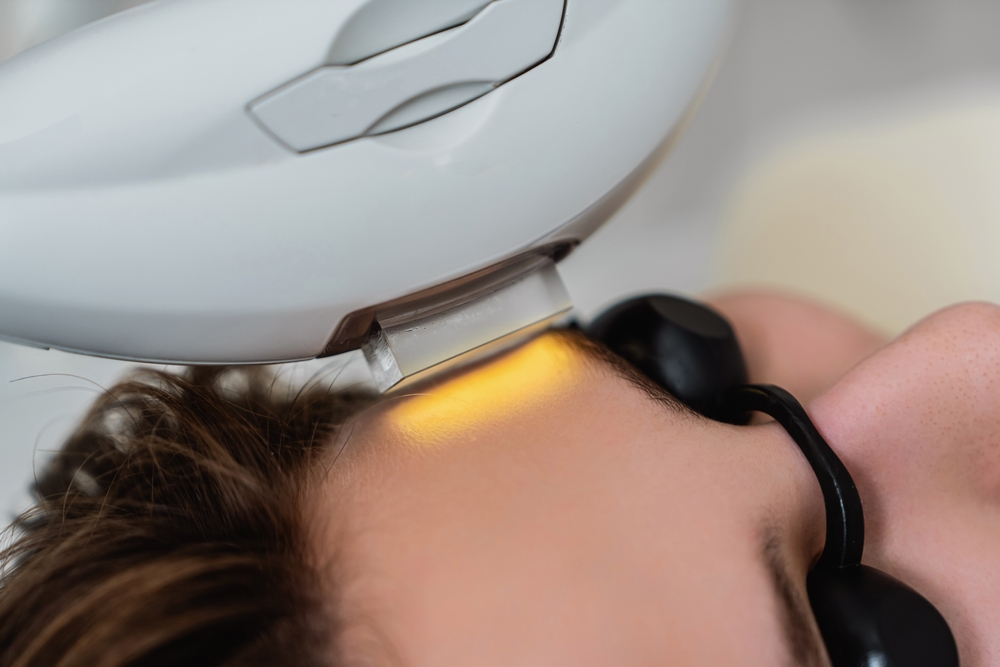Pilot Point Family Eye Care Blog

When it comes to eye health, advances in technology continue to improve how we diagnose and treat common conditions. One of the most exciting developments in recent years is the introduction of OptiLight. At Pilot Point Family Eye Care, we are committed to offering the latest solutions to help our patients enjoy clear, comfortable vision.

Myopia is becoming increasingly common in children. This vision condition causes distant objects to appear blurry while close-up objects remain clear.

Dry eye disease is a common and often frustrating condition that affects millions of people. It can lead to symptoms like burning, stinging, light sensitivity, blurred vision, and the sensation of something gritty in your eye. For those who have tried artificial tears, warm compresses, and prescription eye drops with limited success, there’s now a clinically proven solution that targets the root cause of dry eye: OptiLight by Lumenis.

When it comes to vision correction, one size does not fit all. While traditional eyeglasses and contact lenses work well for many patients, others require more specialized solutions to address unique visual needs. At Pilot Point Family Eye Care, we offer a wide range of specialty lenses to help you achieve your best vision possible.

If your eyes often feel dry, itchy, or irritated, you're not alone—dry eye is incredibly common in Pilot Point, Texas. With our hot summers, frequent winds, and increasing time spent on digital screens, it's no surprise that many people in our community struggle with this condition. While artificial tears and prescription treatments can help, one often-overlooked solution is right on your plate: your diet.

Myopia is becoming increasingly prevalent among children. With the growing use of digital screens and reduced outdoor time, more children are developing myopia at an early age. If left unmanaged, myopia can progress, leading to higher prescriptions and an increased risk of serious eye conditions later in life, such as retinal detachment and macular degeneration. Fortunately, early intervention with myopia management can slow its progression and help protect your child’s long-term vision health.

Dry eye is a common condition that can significantly impact your daily life, causing discomfort, irritation, and even blurry vision. At Pilot Point Family Eye Care, we understand how frustrating dry eyes can be and are here to help you find the right solutions. Whether you’re dealing with occasional dryness or chronic symptoms, there are a variety of treatments available, ranging from artificial tears to advanced therapies like OptiLight intense pulsed light (IPL).

As a parent, safeguarding your child’s health is a top priority, and that includes their vision. Myopia, commonly known as nearsightedness, is an increasingly prevalent condition in children. Left unmanaged, it can lead to more severe eye health problems later in life, including an increased risk of cataracts, glaucoma, and retinal detachment. At Pilot Point Family Eye Care, we offer advanced myopia management solutions to protect your child’s vision and overall eye health for years to come.

At Pilot Point Family Eye Care, we prioritize providing the latest innovations in eye care to ensure our patients achieve optimal vision and overall eye health. One such revolutionary treatment we’re excited to offer is OptiLight, an advanced solution for managing dry eye syndrome and other ocular conditions.

When it comes to correcting vision problems, many people think of standard eyeglasses or contact lenses. However, for those with more complex vision issues, standard solutions may not always provide the best clarity and comfort. At Pilot Point Family Eye Care, we understand that every patient’s vision is unique, which is why we offer customized lens solutions designed to address more complicated visual conditions.












